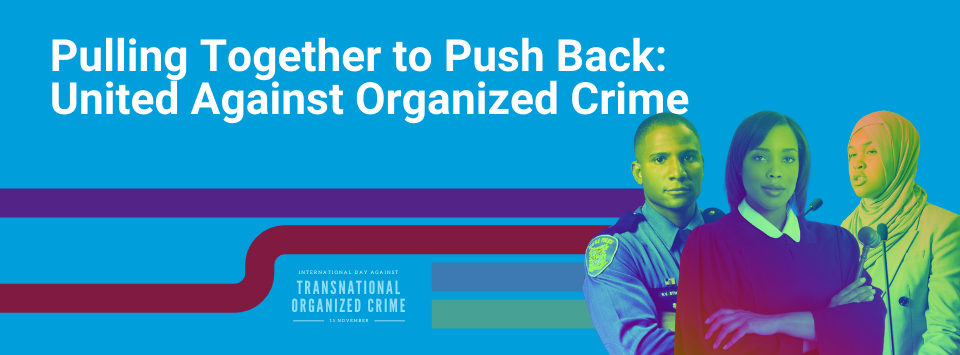
Recognizing the collective efforts needed to tackle Transnational Organized Crime, the WhatsOn platform unites over 550 NGOs, academic institutions, and private-sector organizations dedicated to combating organized crime and corruption worldwide. This year’s International TOC Day theme aligns with WhatsOn members’ work in raising awareness, promoting collaboration, and empowering communities to foster sustainable solutions.
We invite you to click and read through these 23 impact stories featured below to learn more about the impactful work that civil society organizations are doing globally to combat and prevent organized crime.
Please note that these impact stories represent the views of the submitting organizations and does not necessarily reflect the views of UNODC.
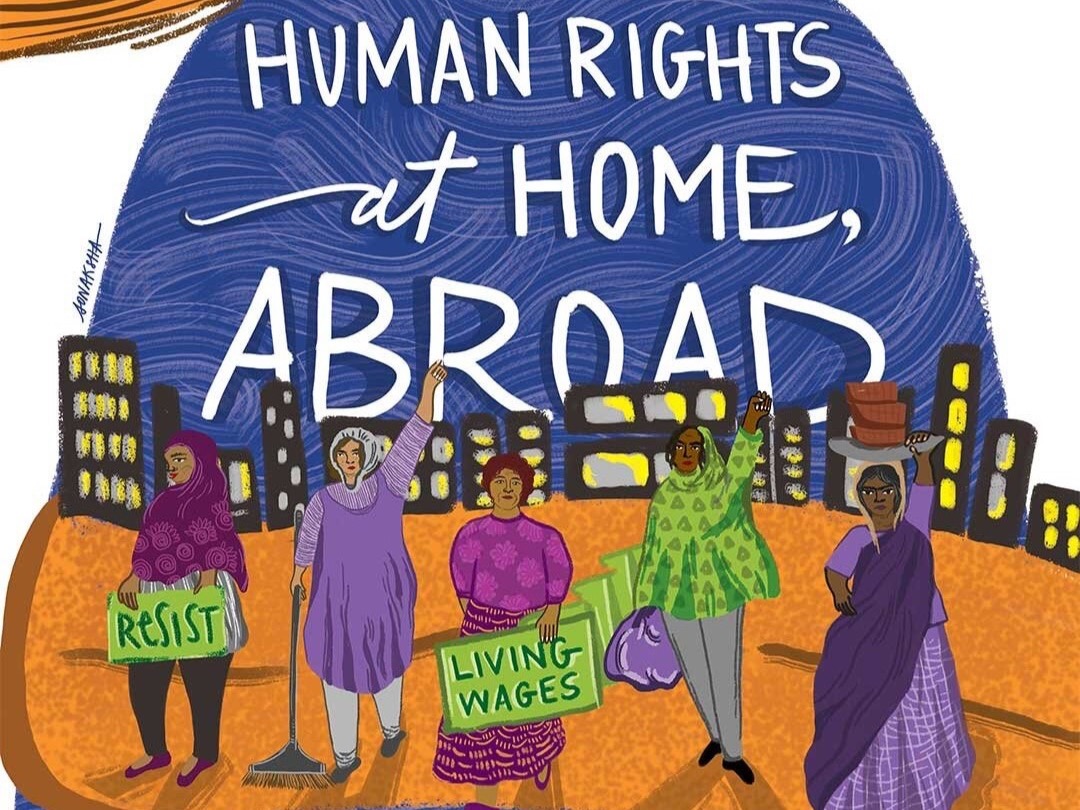
Organization: Global Alliance Against Traffic in Women
GAATW, an international network of over 100 NGOs, advocates for the rights of trafficked persons and migrants. Since 2012, its open-access journal, The Anti-Trafficking Review, has published critical research on human trafficking, covering topics like gender and migration. The journal serves as a vital resource for policymakers, practitioners, and researchers, driving evidence-based advocacy.
Read the whole story here.Organization: British School Of Outdoor Education
The Return to Nigeria Initiative helps vulnerable Nigerian migrants reintegrate by providing job training, psychological support, and community connections. It empowers returnees to rebuild their lives, free from exploitation by organized crime. In partnership with local and international stakeholders, the initiative tackles the root causes of migration and supports the fight against human trafficking and transnational crime.
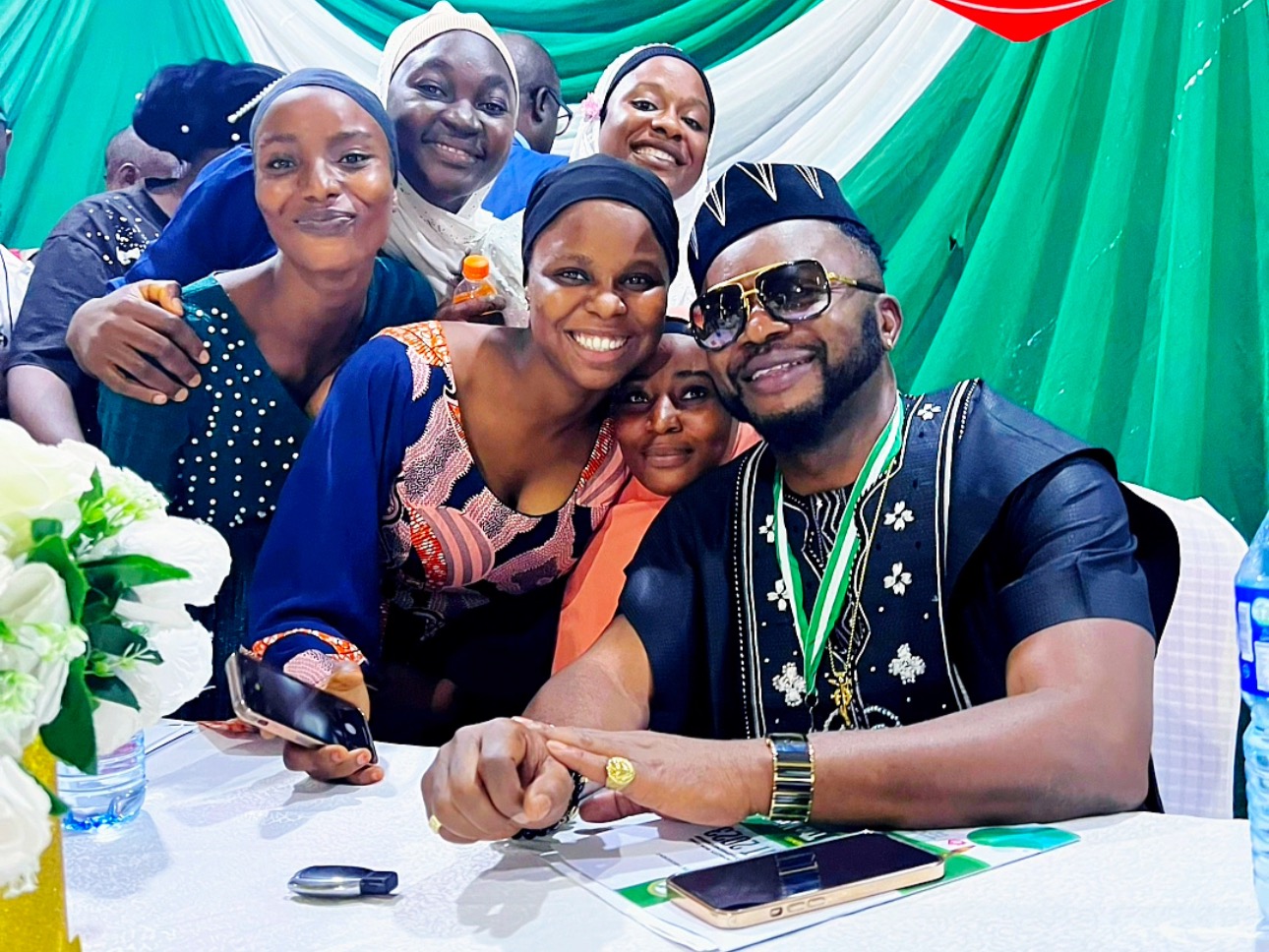
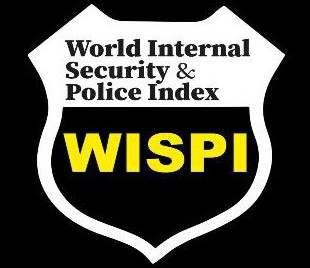
Organization: International Police Science Association
Since 2016, IPSA's WISPI has assessed internal security across 125 countries, focusing on capacity and legitimacy. It highlights areas for improvement in combating transnational crime and corruption, advocating for global security reforms. IPSA also strengthens law enforcement through training and collaboration to enhance public trust and fight organized crime.
Organization: Charitable Foundation "Caritas Odesa UGCC"
Since 2009, Caritas Odesa UGCC has provided comprehensive support to trafficking victims, including legal, psychological, and material assistance. In 2023, the organization expanded to Izmail, reaching more communities. Education and awareness programs for vulnerable groups and professionals help prevent trafficking and improve victim identification and support.
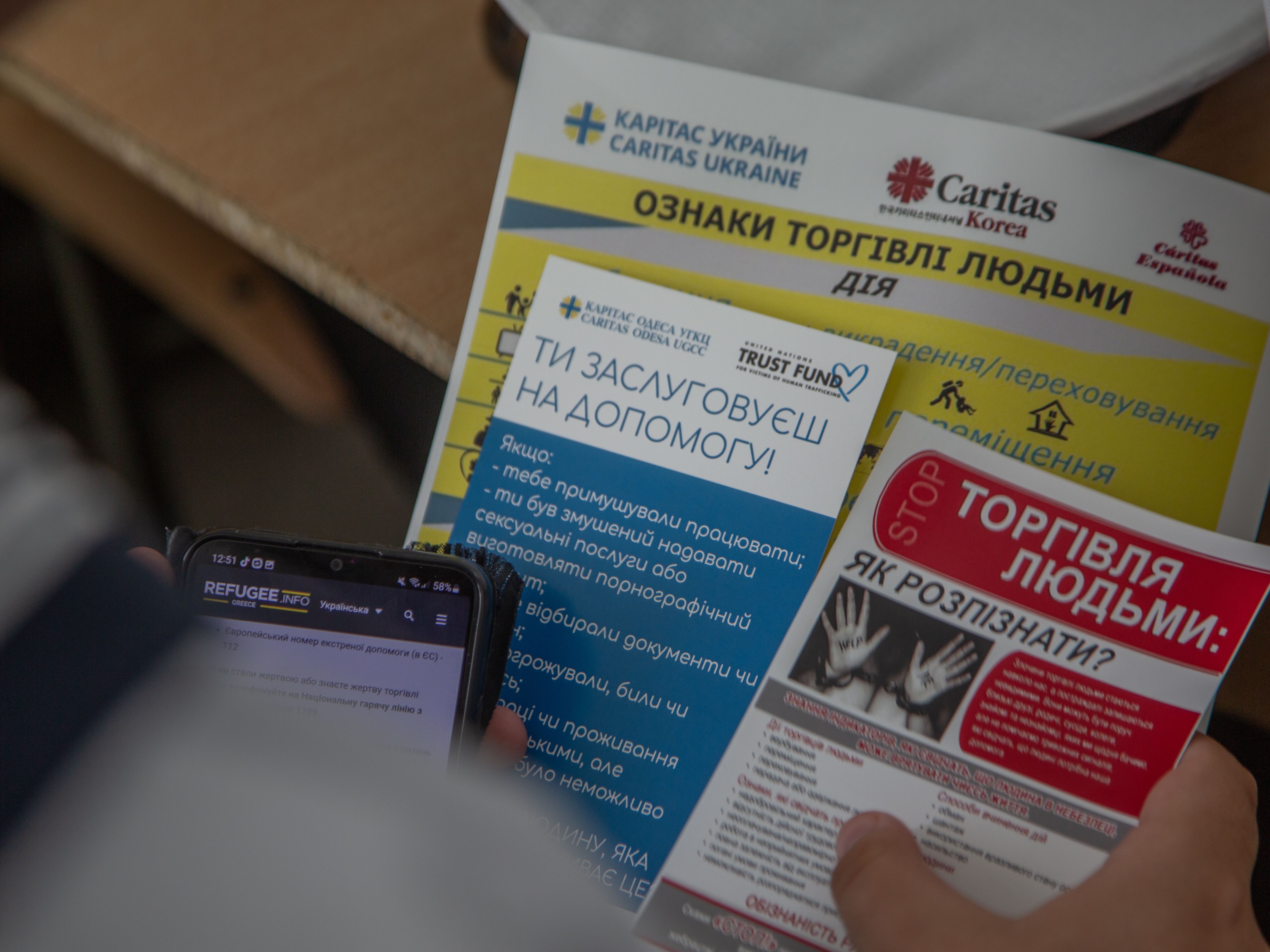
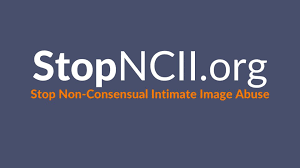
Combating Sextortion: SWGfL's Commitment to Supporting Victims of Organised Crime
Organization: SWGfL
SWGfL combats the rising issue of sextortion, where international criminals exploit victims. Their Revenge Porn Helpline offers support, with a 54% rise in sextortion cases reported. StopNCII.org is a proactive tool, using hashing to block the spread of intimate images before they're shared online, protecting vulnerable victims.
Organization: Hope for Justice
An 11-year-old boy was abducted in Kenya and trafficked into Uganda, where he was abandoned at a seaport. Found by police in a vulnerable state without ID, he was taken to a Hope for Justice Lighthouse shelter for care and protection. Through international police collaboration, Edward was successfully reunited with his family in Kenya, and his rescue highlights the vital role of Hope for Justice in supporting survivors of modern slavery.
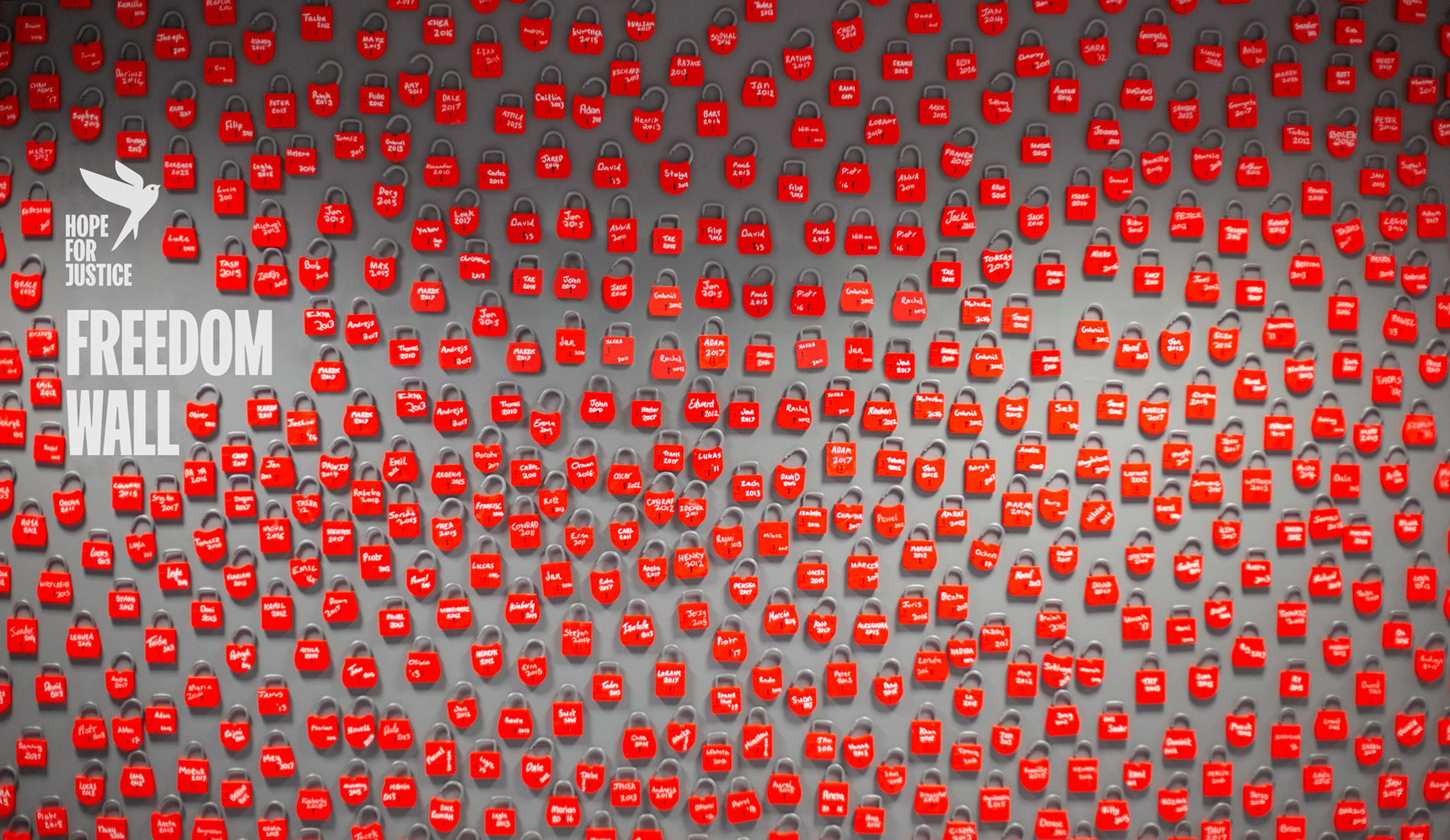
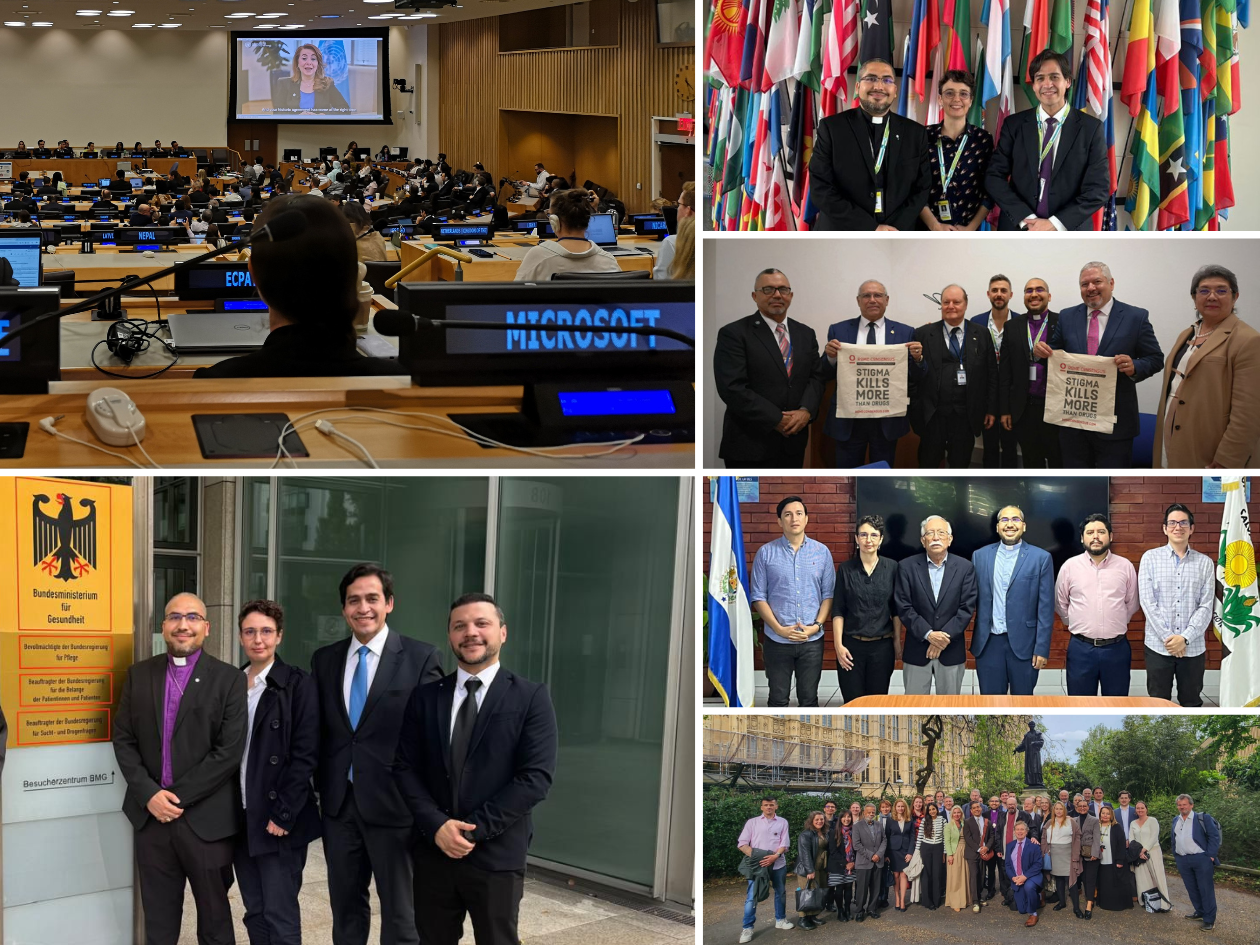
Organization: Knowmad Institut
The Knowmad Institut fights transnational organized crime through cybercrime prevention and drug policy reform. It provides recommendations to the UN on balancing security and human rights in cybercrime laws and leads global dialogues on the synthetic drug crisis. Through evidence-based reforms and advocacy, it aims to strengthen law enforcement and promote safer societies.
Organization: Chiapas Foundation for Migrants Woman
This project empowers 50 refugee women and victims of violence in Tapachula with training in entrepreneurship, financial literacy, and psychosocial support. Women gained skills in income generation, financial management, and leadership, boosting their autonomy. It also promoted gender equity, integrating refugee women into local economic networks and enhancing their community participation.
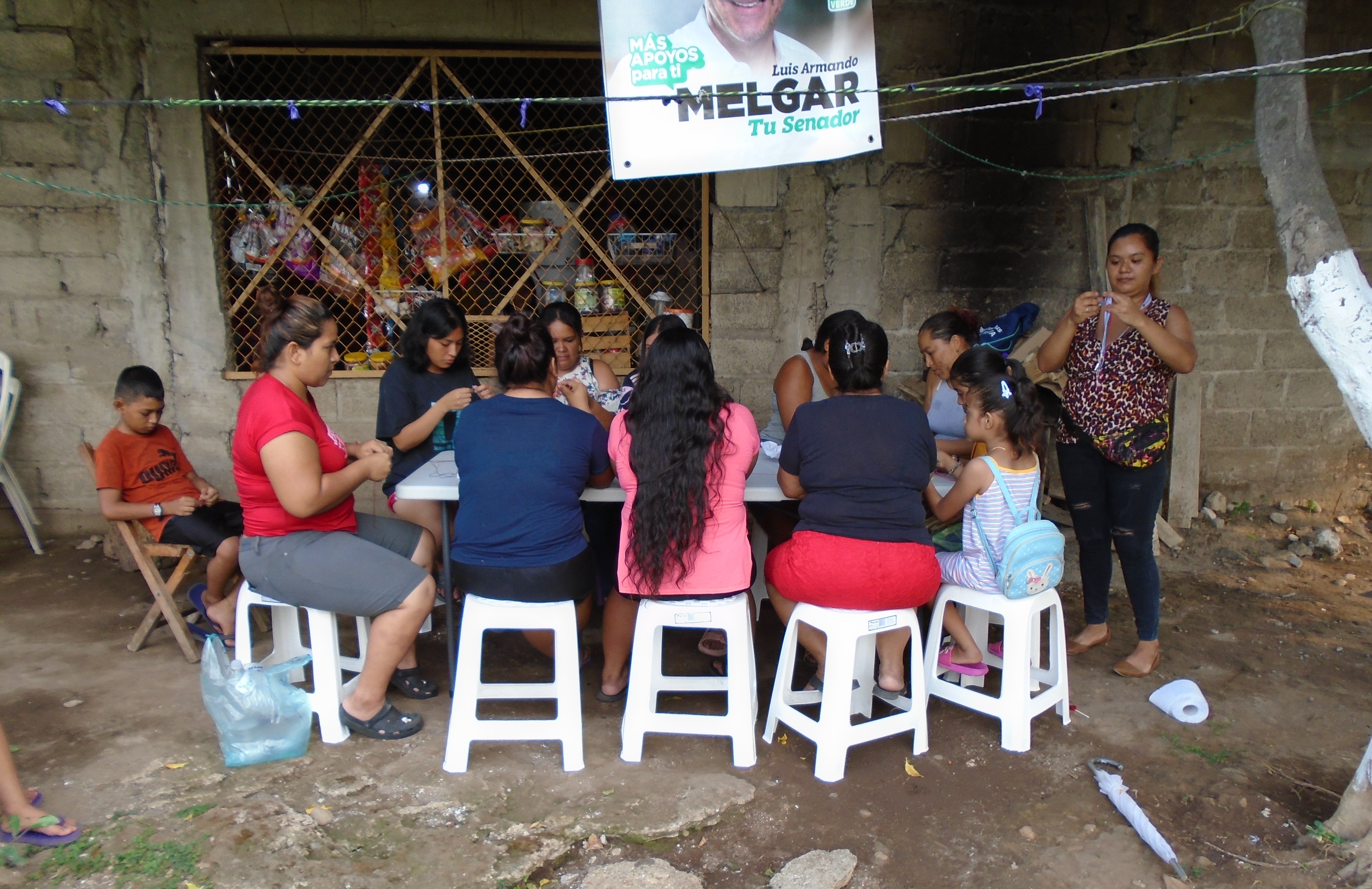
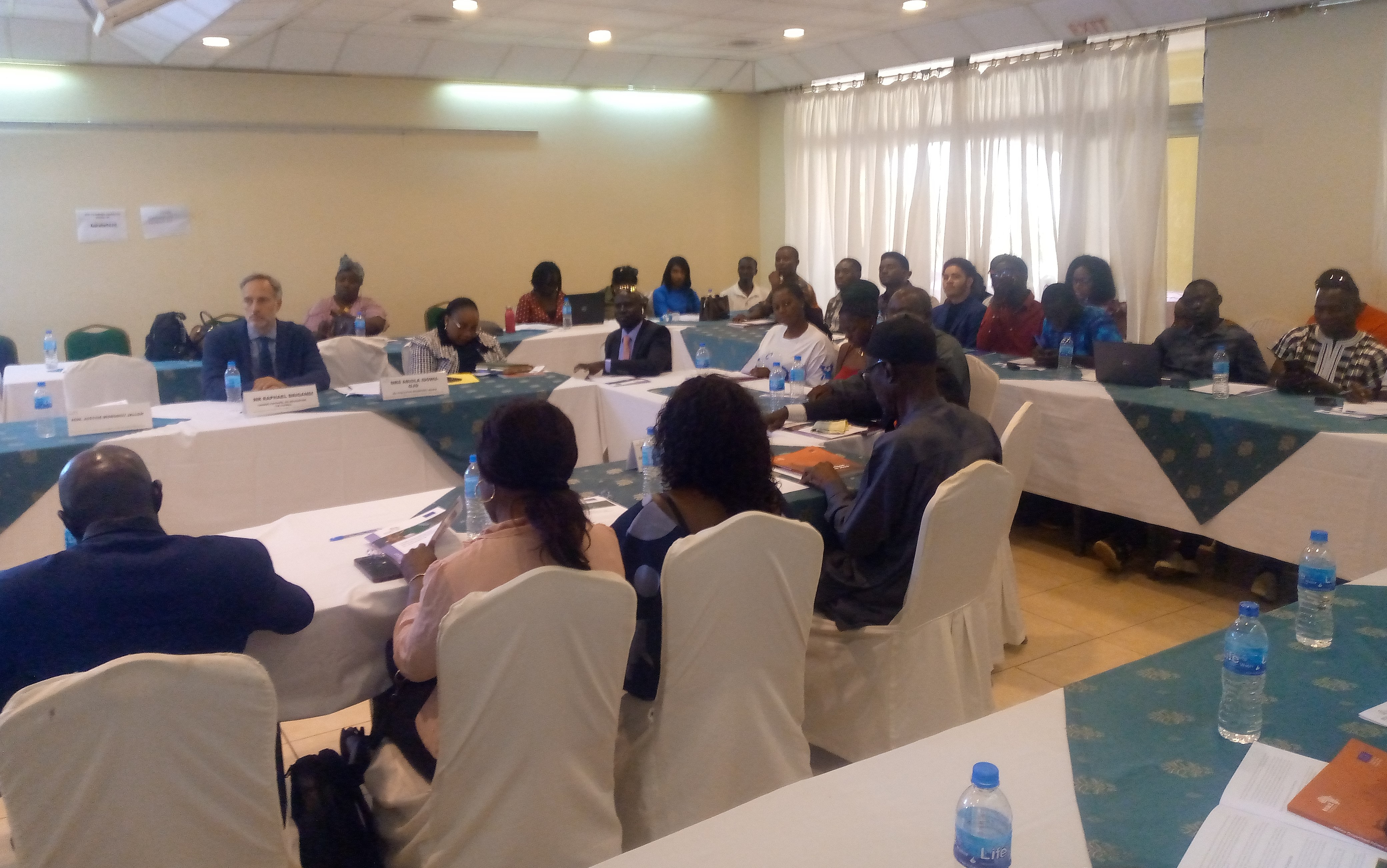
Organization: Public-Private Integrity
PPI collaborates with civil society and government bodies to tackle corruption and enhance transparency. Their recent report highlights systemic vulnerabilities, while partnerships focus on reforming Gambia’s public ferry service to improve service delivery and accountability.
Organization: Love Foundation
The Better Brothers Initiative tackles gender-based violence by empowering men and boys as advocates for change. Through workshops, the program reduces violence against women and girls, fostering safer communities. A key achievement is the Standard Operating Manual for Community Inclusion, which strengthens women’s roles in decision-making, improving community resilience against crime.

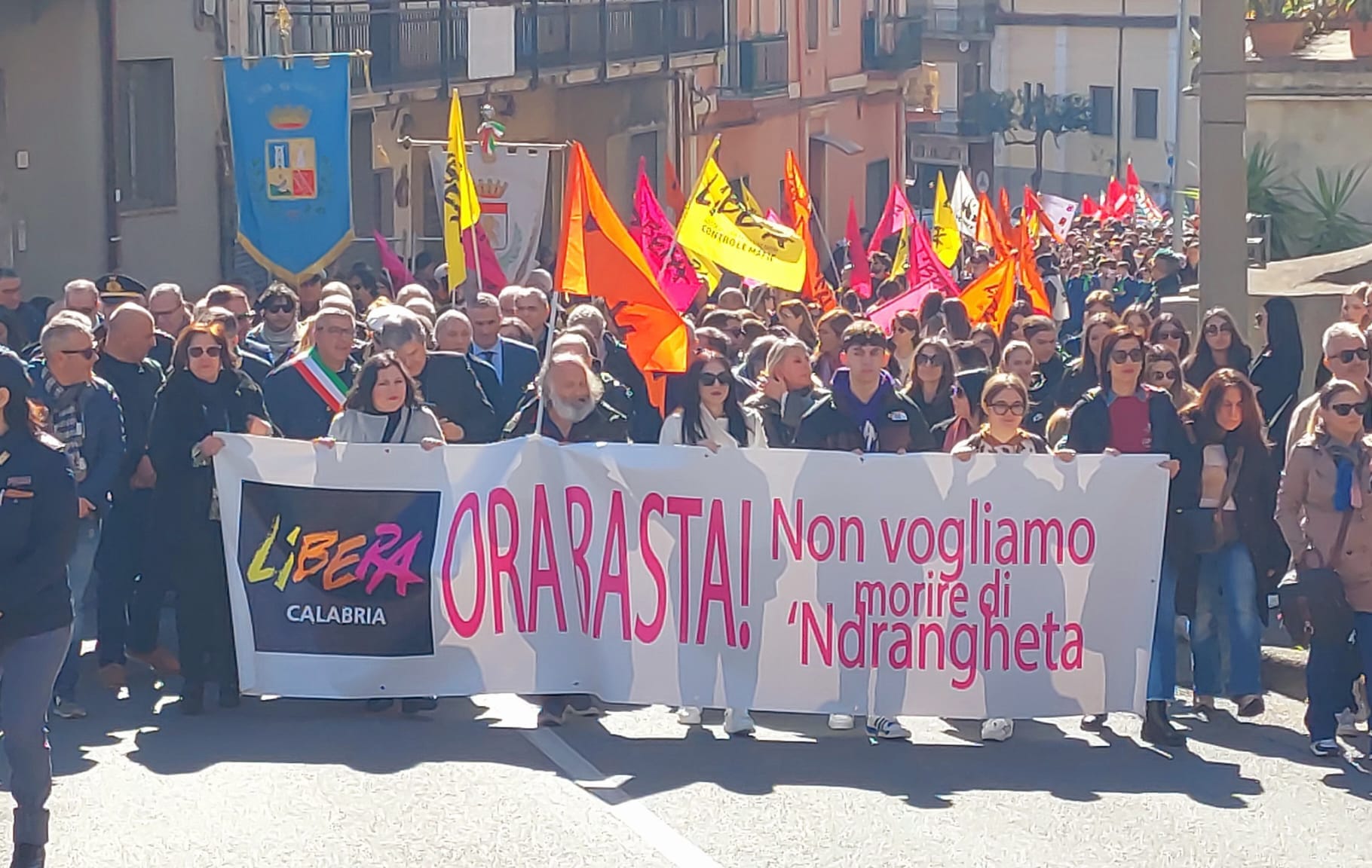
Organization: LIBERA Associazioni Nomi e Numeri Contro le Mafie (LIBERA)
Libera’s Contromafiecorruzione event in October 2024 united over 1,000 participants to combat the 'Ndrangheta and organized crime. The initiative focused on empowering women, reclaiming mafia-confiscated assets, and promoting justice. The event concluded with a Manifesto calling for systemic reforms to dismantle criminal networks and foster social equity.
Organization: Wildlife Conservation Society
WCS works globally to combat wildlife trafficking and nature crimes across over 60 countries, partnering with governments, Indigenous groups, and local communities. Between 2015-2020, WCS helped develop 37 laws and supported 875 trafficking cases, leading to significant law enforcement outcomes. Their Wildlife Crime Leadership Initiative (WCLI) strengthens future law enforcement capabilities to combat transnational wildlife crime.
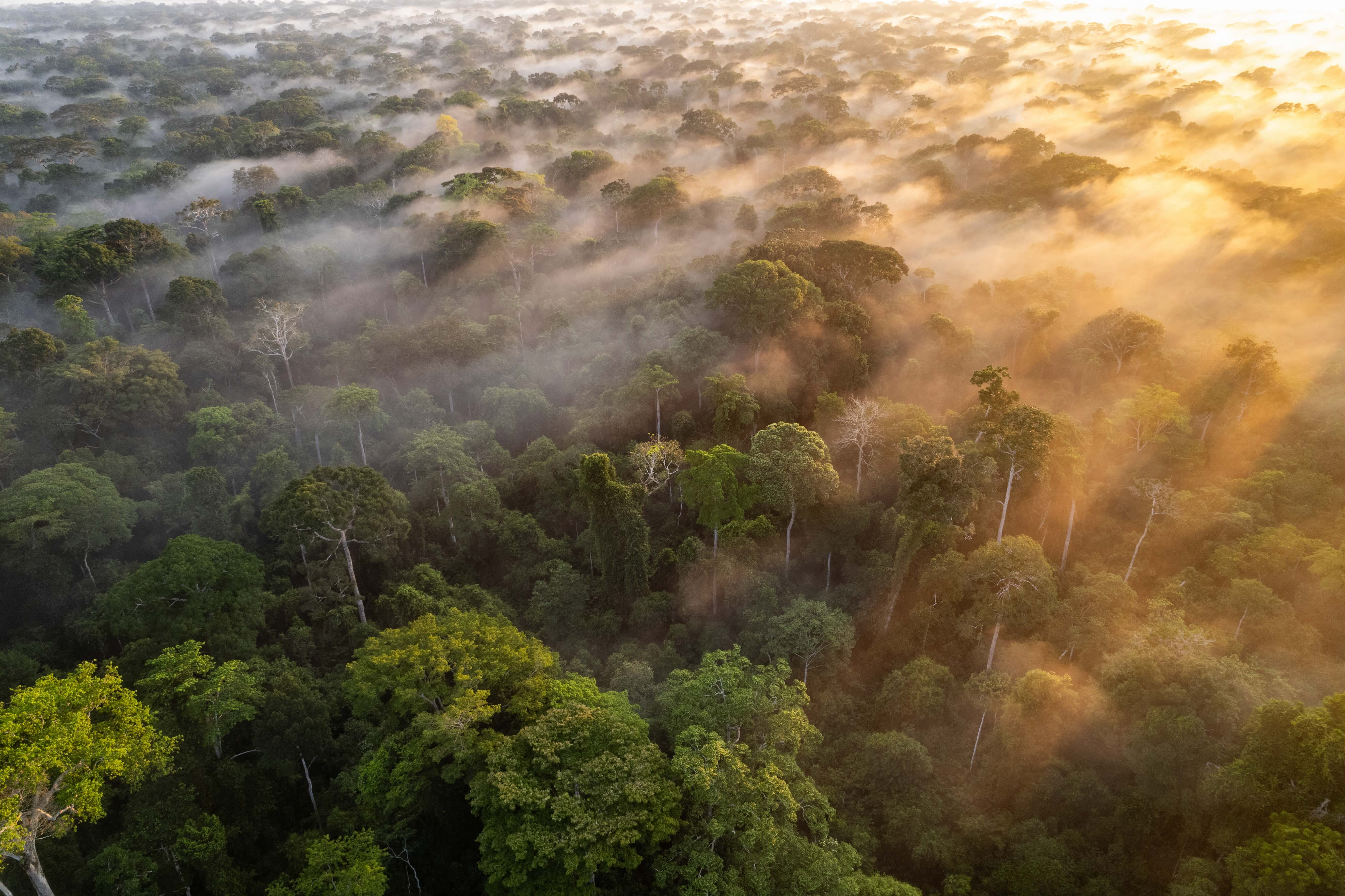
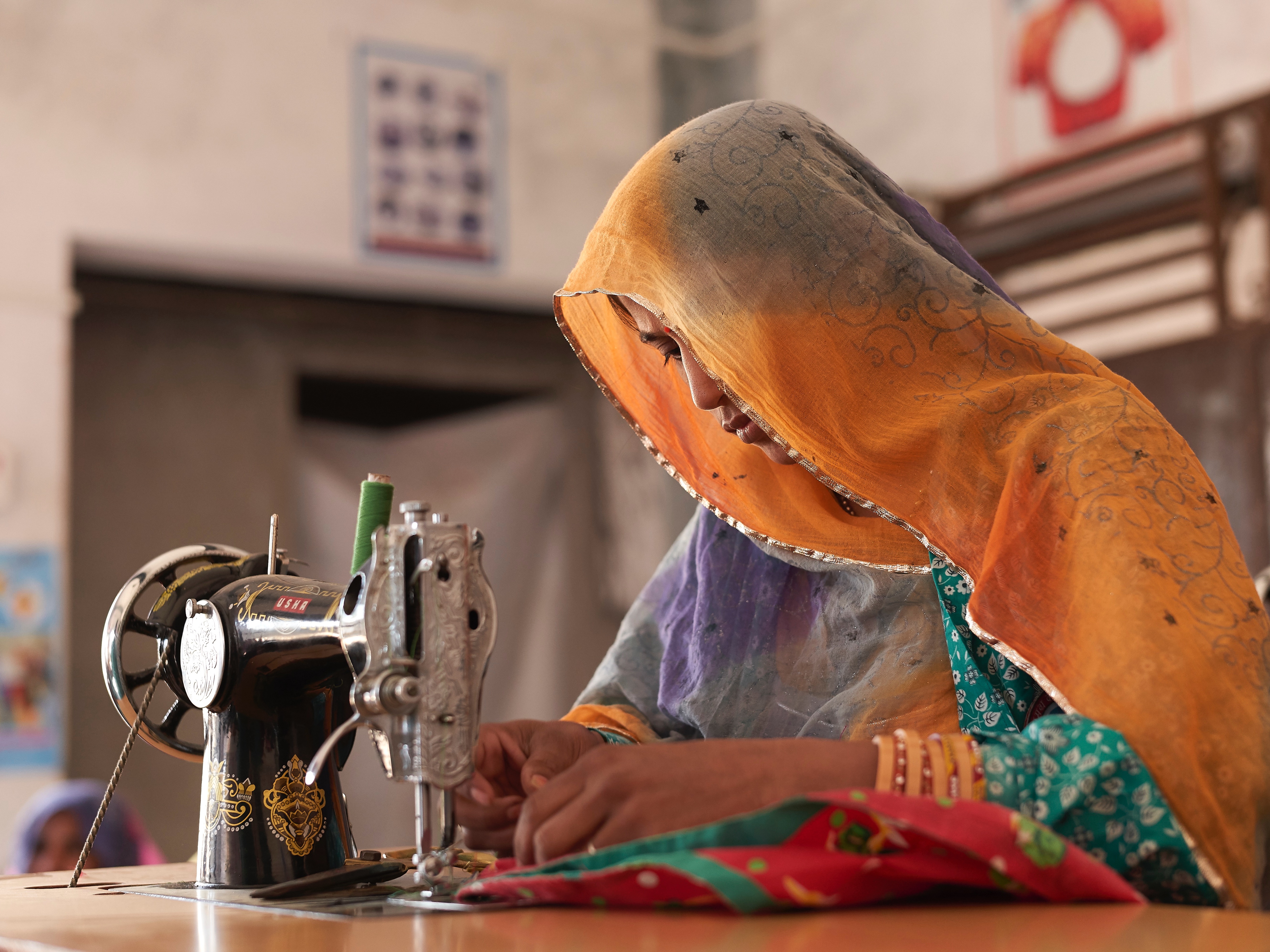
Organization: Rajasthan Samgrah Kalyan Sansthan
RSKS India combats transnational organized crime by empowering marginalized communities through skill development programs for over 18,000 at-risk youth. By training in skills like garment making and handicrafts, RSKS helps create sustainable livelihoods and resilience against crime recruitment. Their community-driven programs raise awareness about trafficking and exploitation, strengthening local defences against organized crime.
Organization: Privanova SAS
The Privanova-led LEA Projects Cluster unites over 35 EU-funded initiatives to combat transnational crime, including cybercrime and terrorism. By fostering collaboration among law enforcement, researchers, and policymakers, it strengthens global coordination and innovation and enhances Europe’s collective response to evolving criminal threats.

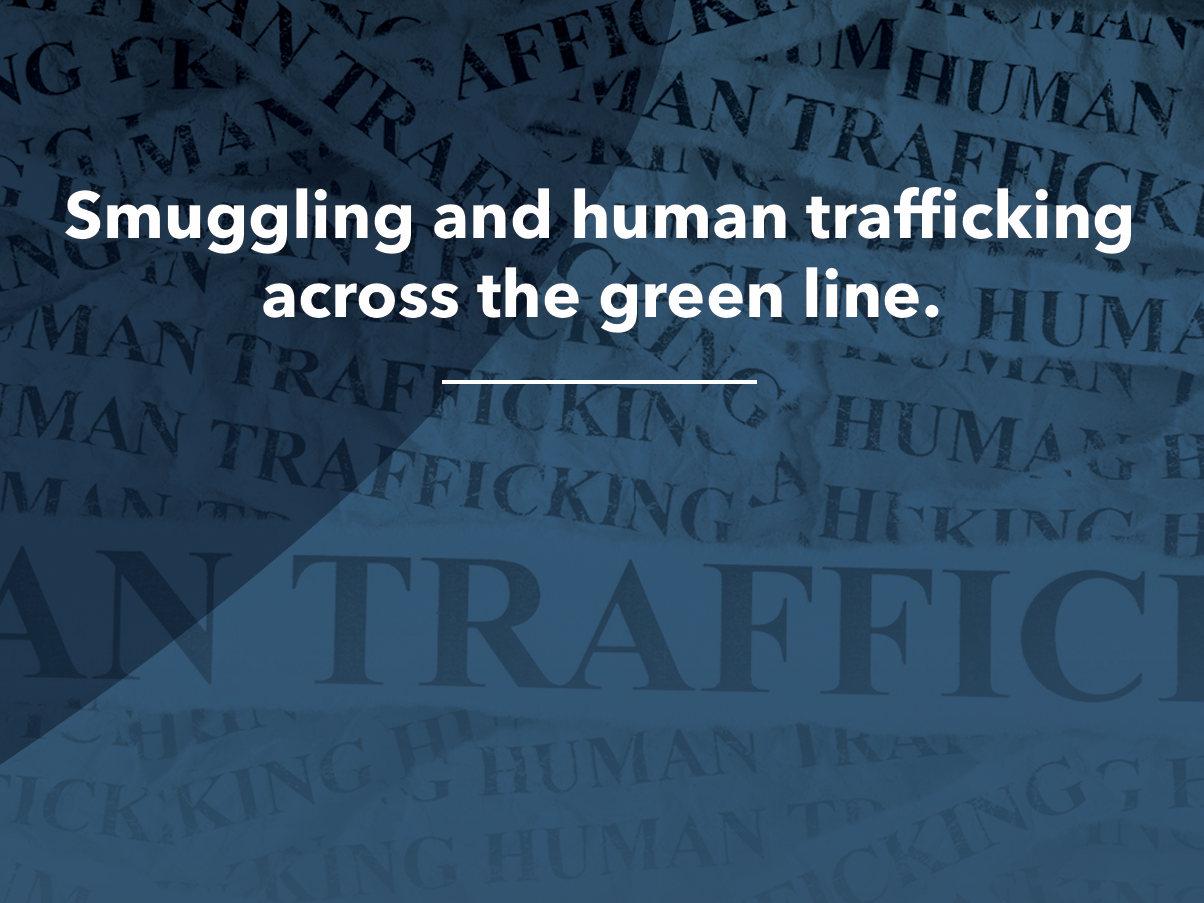
Organization: Interdisciplinary Centre for Law, Alternative and Innovative Methods (ICLAIM)
ICLAIM, based in Cyprus, tackles human trafficking and smuggling through research and collaboration with global experts. It produces reports and best practices to inform policy and action. Active in the UNTOC Dialogues, ICLAIM contributes to global efforts to combat these transnational crimes.
Organization: World Society of Victimology
The World Society of Victimology (WSV) is an NGO focused on advancing victims' rights, especially those affected by transnational crime. WSV offers global victimology courses and hosts a biennial symposium on topics like human trafficking and cybercrime. Their work emphasizes victim-centered approaches and promotes collaboration between governments and NGOs to address victims' needs.
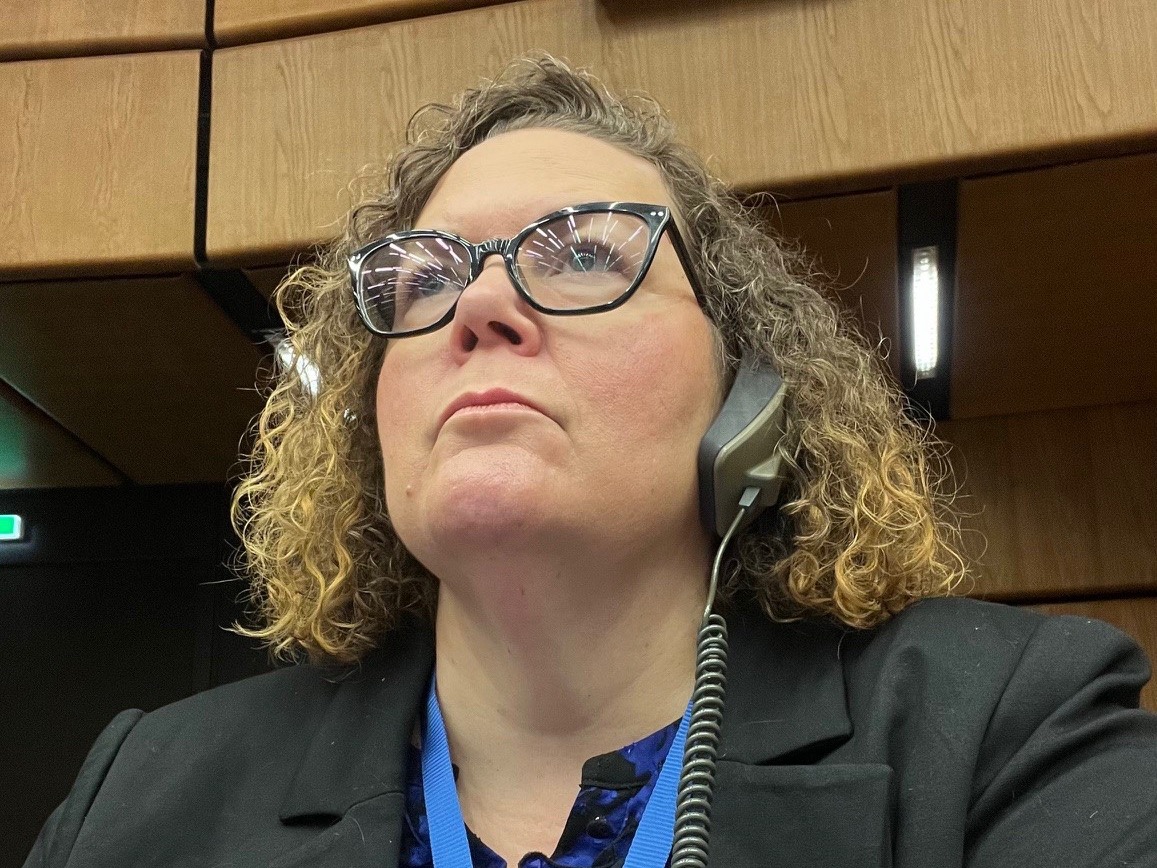
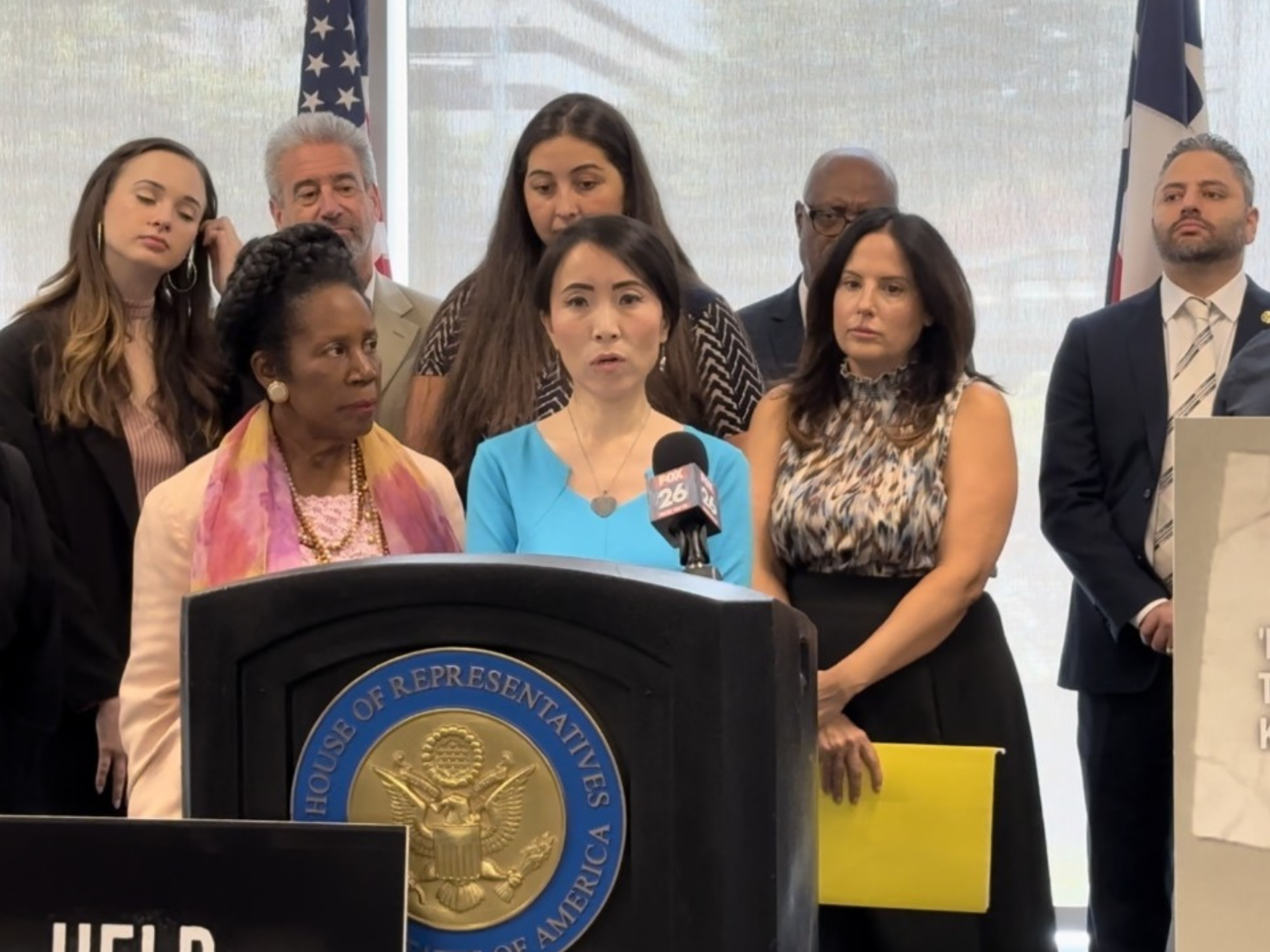
Organization: Hope Pyx Global
Hope Pyx Global empowers survivors of human trafficking and gender-based violence, with a focus on survivor leadership. Founded by Eileen Dong, a survivor advocate, the organization drives systemic change through trauma-informed support and strategic collaborations with law enforcement and civil society. Notable achievements include advocating for increased crime victim compensation and establishing Texas's first Trauma Recovery Center.
Organization: The A21 Campaign
A21's South African Hotline helped prevent a trafficking attempt in 2024 by quickly coordinating with A21 Thailand and law enforcement. Their swift action ensured the victim's safe return, highlighting the impact of awareness and intervention.
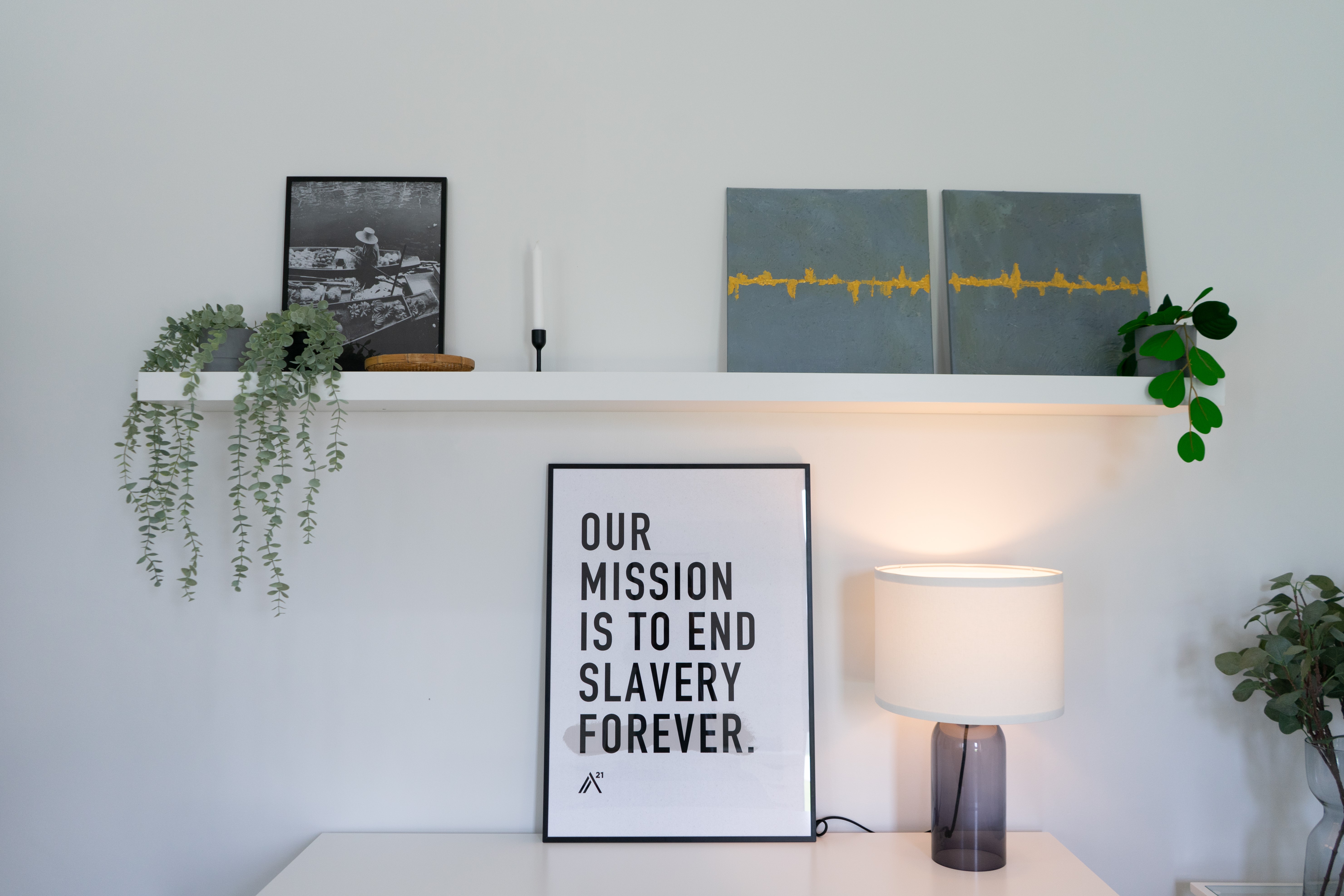
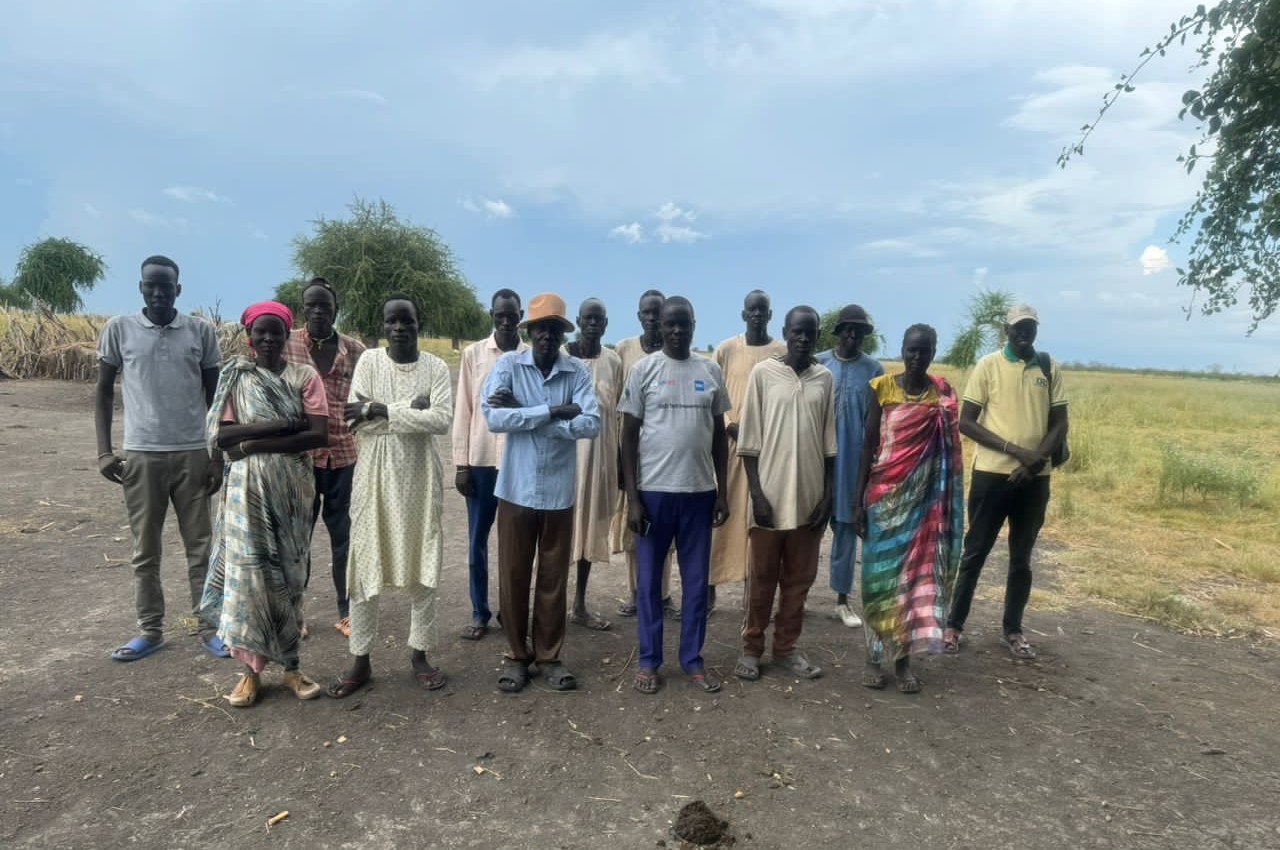
Organization: Dialogue and Research Institute (DRI)
DRI supports torture survivors in South Sudan with medical care, legal aid, and shelter. Since April 2023, it has assisted 271 survivors, including 91 women and 170 men, with trauma support and reunification. DRI advocates to prevent torture, hold perpetrators accountable, and ensure the implementation of the Convention Against Torture (CAT) in conflict zones.
Organization: APLE Cambodia
APLE combats online child sexual abuse through Project Arachnid, removing around 44,000 harmful images monthly. Their team, led by analyst Sreykev, has facilitated rescues, including a 12-year-old boy. APLE also educates schools, trains law enforcement, and collaborates with the government to raise awareness and protect children online.

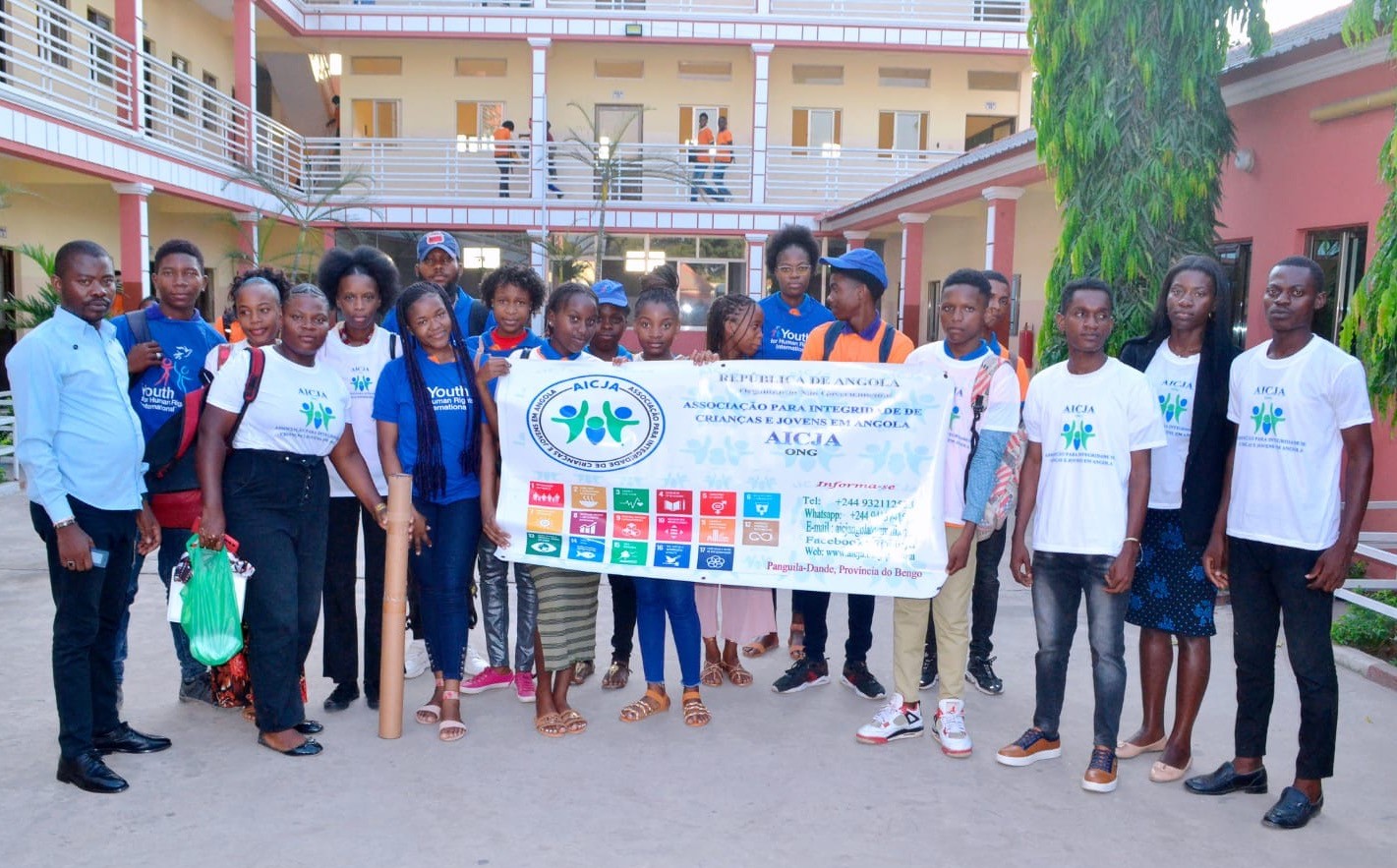
Organization: Associação para Integridade de Crianças e Jovens em Angola (AICJA)
AICJA fights human trafficking in Angola through investigations, training, and awareness campaigns. Their "HAVE KNOWLEDGE TO NOT BE THE NEXT VICTIM" initiative educates communities on traffickers' tactics, like fake job offers and relationships. In June 2024, AICJA held a lecture at Colégio AP to help students recognize trafficking risks.
Organization: Engage Now Africa
Engage Now Africa (ENA) partners with local and international agencies to rescue and support victims of human trafficking. In a recent operation in Sogakope, ENA, alongside the Ghana Immigration Service, rescued four trafficking victims from Nigeria, preventing exploitation. ENA’s work focuses on advocacy, reintegration, and providing sustainable livelihoods for survivors.

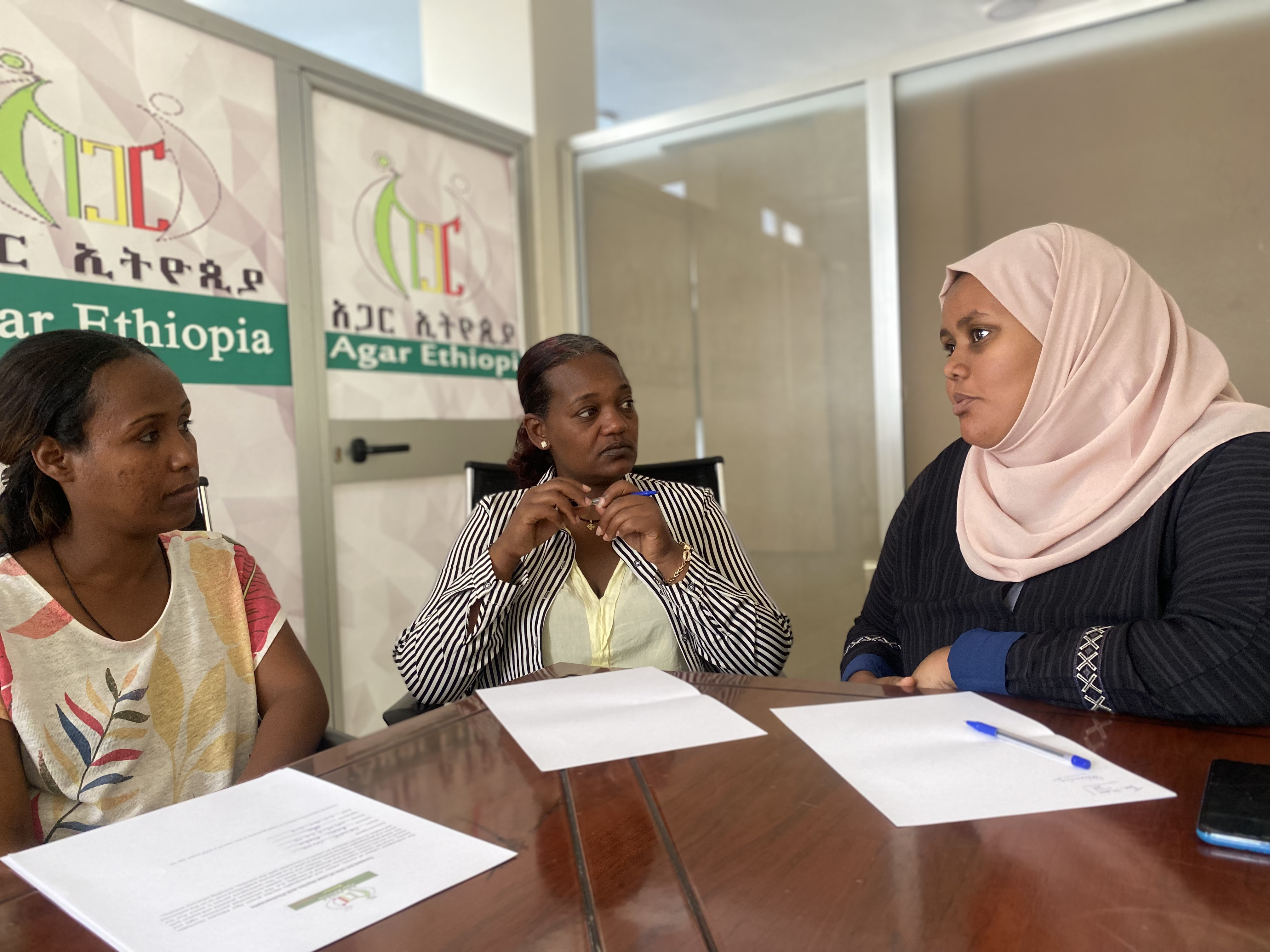
Organization: AGAR Ethiopia Charitable Society
Agar Ethiopia’s Survivors Alliance empowers trafficking survivors to raise awareness and advocate for others. In one case, a survivor helped prevent a woman from being trafficked, leading to the conviction of traffickers. This highlights the impact of community vigilance and survivor advocacy in disrupting trafficking networks.